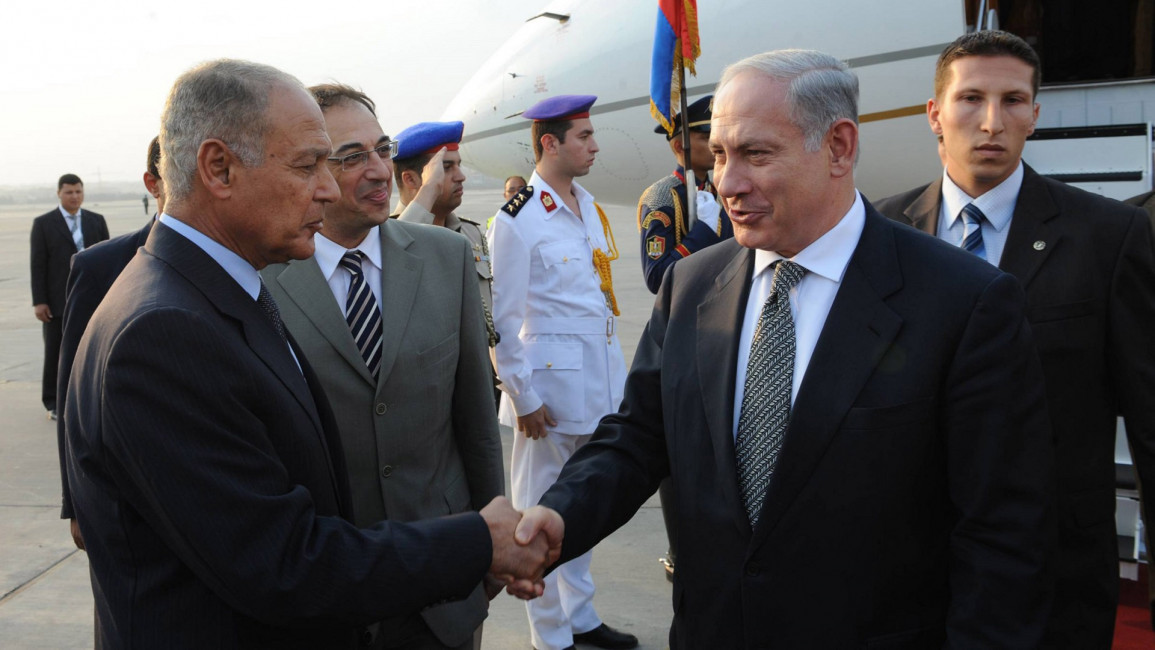Egypt 'grooming Mubarak's foreign minister' to lead Arab League
Aboul Gheit could replace Nabil al-Arabi who said on Sunday he would not seek a second term.
Despite proposals by Algeria and Qatar for the post to go to other Arab countries, regional circumstances favour an Egyptian chief for the Cairo-based organisation, the sources said.
Official spokesperon for the Egyptian Foreign Ministry Ahmed Abu Zaid earlier said President Abdel-Fattah al-Sisi has nominated "an experienced and prominent diplomat" to Arab leaders.
"High-level consultations are underway to obtain Arab support for the Egyptian candidate," Abu Zaid said.
The name of the candidate will be announced officially in the coming days.
 |
Arabi, 80, took over as League chief from fellow Egyptian diplomat Amr Moussa in 2011. |  |
On Sunday, Arab League chief Nabil al-Arabi said he would not seek a second term as secretary general of the pan-Arab body after his present term ends in July.
He served as foreign minister in the Egyptian government that came to power after the ousting of longtime president Hosni Mubarak earlier that year.
"I have asked the Egyptian government not to think about renewing my mandate," Arabi told reporters at the League's headquarters in Cairo, adding that his present tenure would end in early July.
Traditionally, the secretary general of Arab League has held the post for two terms, and Cairo has always insisted that it be held by an Egyptian diplomat.
Since becoming secretary general, Arabi has had to manage a number of sensitive issues, including the conflicts in Syria, Iraq, Libya and Yemen as well as the rise of the Islamic State group.
Agencies contributed to this report.



